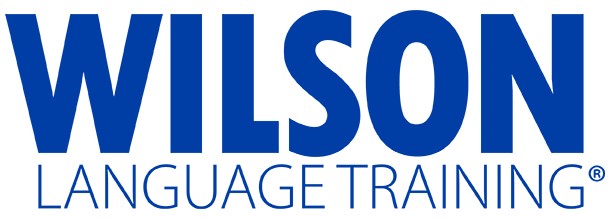
Wilson Reading System Advanced Strategies
for MSL Group Instruction
This three-day course provides strategies, modeling, and practice as participants learn about the critical aspects of WRS small-group instruction, including how to optimally deliver WRS Lesson Blocks 1, 2, and 3. Participants learn about advanced and differentiated instruction for students to further develop vocabulary, comprehension, and fluency skills. This course prepares participants to implement WRS in a small group setting, teaches how to properly monitor student progress, and provides the prerequisite for the WRS Group Mastery Practicum.
The instructor will be Ellen Brick
Prerequisites:
- WRS Level I Certification
- Bachelor’s degree in education or a related field
Duration: Three consecutive days
Graduate Credit: One graduate credit (optional) is available through Fitchburg State University, Fitchburg, MA, upon completion of course requirements. Please see Process for Graduate Credit for details.
Course Objectives:
- Understand the necessary principles of instruction used to teach students with a language-based learning disability: direct, explicit, systematic, structured, sequential, integrated, multisensory, synthetic, analytical, diagnostic, prescriptive, mastery/automaticity, cumulative, metacognitive, and emotionally sound.
- Identify factors for successful WRS small-group instruction.
- Review the planning for and execution of WRS Lesson Blocks 1, 2, and 3 for maximum small group success.
- Discuss important considerations for individuals with disabilities in relation to Common Core State Standards.
- Understand key considerations for determining appropriate grouping/differentiation of students for MSL instruction.
- Learn how to set up a successful small-group environment.
- Define and identify core and academic vocabulary and understand how to integrate into WRS lessons.
- Learn group management and tips for use throughout WRS lessons.
- Deepen understanding of schwa and how to teach it for reading and spelling.
- Learn group administration procedures for End-of-Step Assessment and procedures to determine appropriate group progression through WRS Steps.
- Explain the different purposes of controlled decodable and non-controlled readable text in the development of fluency.
- Describe three factors of text complexity and explain key factors of quantitative and qualitative measures.
- Practice WRS Comprehension S.O.S.™ and close reading instruction.
- Learn comprehension progression in detail for the Steps of WRS, including comprehension strategies employed for the initial phase of WRS comprehension continuum.
- Understand the importance of listening comprehension instruction with enriched text.
- Describe different types of narrative and informational texts used in WRS Instruction.
- Develop different types of comprehension questions, including some that are word, rather than text, dependent.
- Explain the dimensions of Interactive Comprehension Modeling.
- Determine how fluency is measured including Words Correct Per Minute (WCPM), accuracy and prosody, and instruction.
- Develop fluency instruction lessons that include phrasing and prosody.
- Develop a word-conscious lesson.
- Determine how to incorporate complex text in both literary and informational text structures.
- Apply normative data to determine appropriate fluency instruction.
- Learn how to determine appropriate text and task to foster the development of fluency.
- Develop strategies to encourage student independence with written work.
|